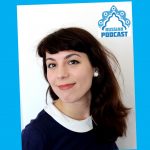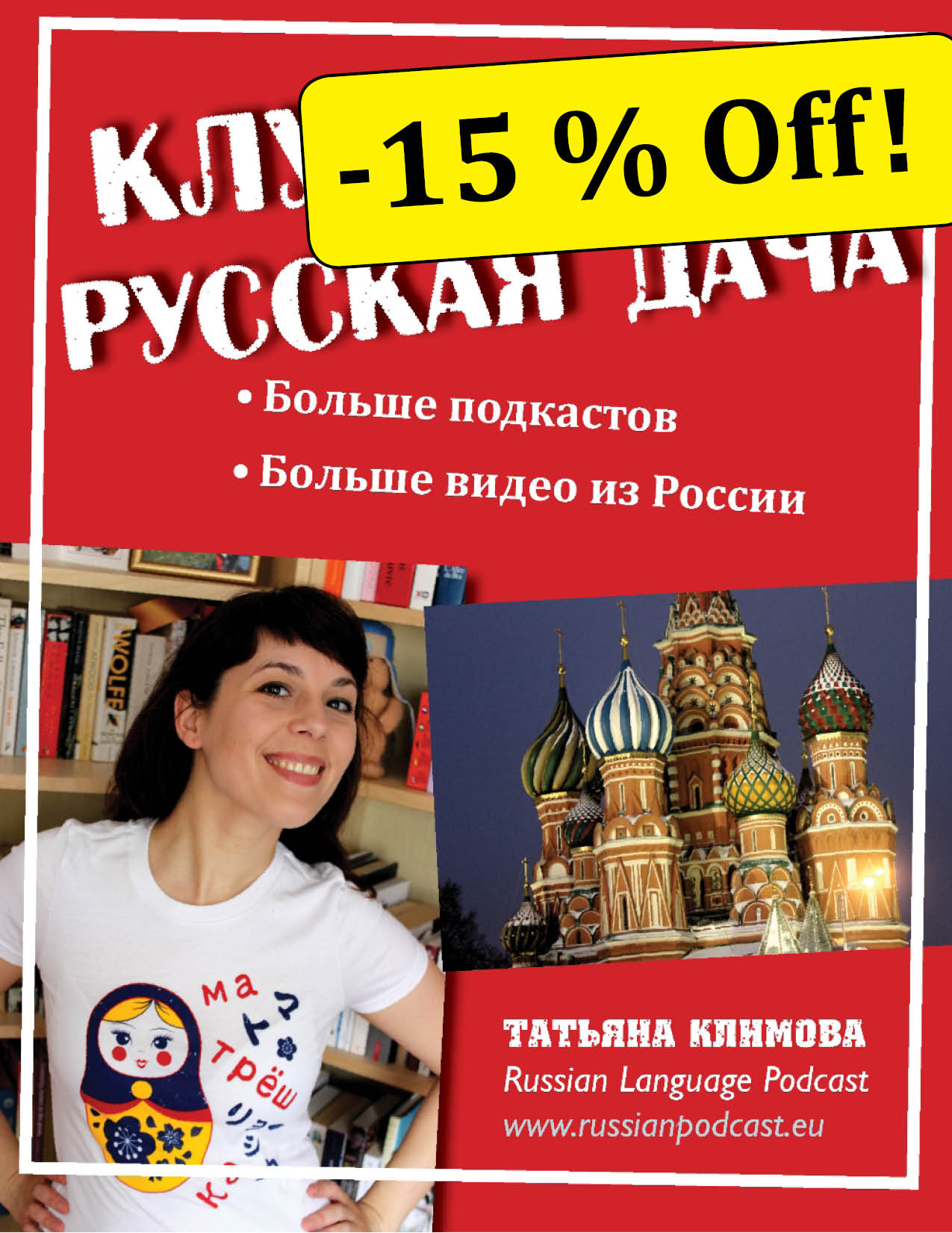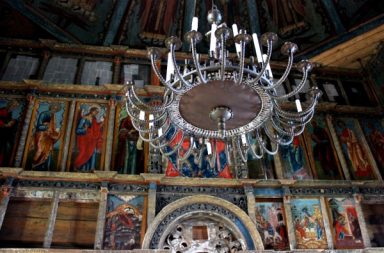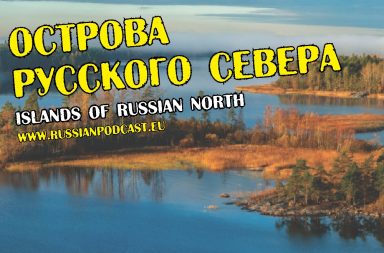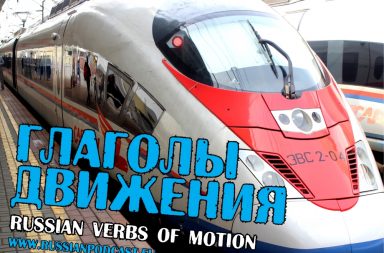При мысли о поездке в Северодвинск, мой родной город, у меня слегка сжимается сердце. Вспоминания о ледяном детстве, как в погодном, так и в эмоциональном плане. Плоский и тихий пейзаж. Серый бетон и трубы с горячей водой, не спрятанные в землю. Памятник Ленину на площади Победы. Проспект, опять-таки, Победы, где я выросла, и который был моим центром Мира в течение 15 лет, хотя на самом деле это край Света. Металлические сваи посреди котлована, где мы играли со своим двоюродным братом Сережей и которые, наряду с заброшенной стройкой 90-х годов, сводили наших родителей с ума от страха за нашу жизнь. Но родителям слишком хотелось немного пожить для себя, слишком велика была их усталость, чтобы запретить нам проводить белые ночи на улице, исследуя камеры бетонного лабиринта до 11 часов вечера.
When I think about a trip to Severodvinsk, my hometown, my heart sinks a little. There are memories of an icy childhood, both weather-wise and emotionally. Flat and quiet landscape. Gray concrete and hot water pipes not hidden in the ground. Monument to Lenin on Victory Square. Again, “Victory Avenue”, where I grew up, and which was my Center of the World for 15 years, although in fact it is the edge of it. Metal pillars in the middle of the construction pit where we played with my cousin Seryozha and which, along with the construction site abandoned in the 90s, drove our parents crazy with fear for our lives. But my parents too wanted to enjoy their lives, their fatigue was too great to forbid us to spend white nights outside, exploring the chambers of the concrete labyrinth until 11 o’clock in the evening.
Поэтому, прежде чем нажать «купить билет», у меня внутри происходит короткая, но ожесточённая внутренняя борьба: ехать или не ехать? Наша позиция по войне в Украине сблизила меня и мою сестру. А ещё мне очень хочется увидеть, как моя племянница София играет в футбол. Поэтому в итоге этим летом я впервые за десять лет поехал в Северодвинск.
Надо признать, что город изменился в лучшую сторону. Дороги в хорошем состоянии, тогда как ещё пятнадцать лет назад люди ездили не по правой стороне, а по той, где меньше ям и дыр. Сносят «деревяшки»: деревянные дома, которые строились при основании города в 1940-х годах. Мы с Лизой осмеливаемся войти в один такой дом, но вылетаем оттуда пулей, настолько сильны там неприятный запах и гнёт нищеты.
Therefore, before I click “buy a ticket,” a short but fierce internal struggle takes place inside me: to go or not to go? Our position on the war in Ukraine brought my sister and me closer together. I also really want to see my niece Sofia play football. Therefore, this summer I ended up going to Severodvinsk for the first time in ten years.
I must admit that the city has changed for the better. The roads are in good condition, whereas fifteen years ago people drove not on the right side, but on the one with fewer potholes and holes. The “pieces of wood” are being demolished: wooden houses that were built when the city was founded in the 1940s. Lisa and I dare to enter one such house, but we fly out of there like a bullet, the unpleasant smell and oppression of poverty there are too strong.
Ленин стоит чистый, в окружении красивых каменных домов и клумб с красными цветами. Оранжевые самокаты напрокат, современный парк с качелями и арт-объектами, всё вперемешку с памятниками Великой Отечественной Войне. В деревне, на Рикасихе, дачи соревнуются за первое место по вычурности, с беседками и деревянными аппликациями.
Тополиный пух, июльский снег, забивает глаза и ноздри, раздражает внутреннее пространство квартир и машин. На месте ужасного котлована, когда-то наполненного водой, появился яркий и современный детский сад. По другую сторону пятиэтажки, где 20 лет назад я написал белой краской «Мама, с днём рождения», наконец-то построились частные дома. Для меня город, который позволяет людям жить в своём отдельном доме, находится на пути к надежде.
Lenin stands clean, surrounded by beautiful stone houses and flower beds with red flowers. Orange scooters for rent, a modern park with swings and art objects, all mixed with monuments to the Great Patriotic War. In the village of Rikasiha, dachas compete for the first place in pretentiousness, with gazebos and wooden appliqués.
Poplar fluff, the July snow, clog your eyes and nostrils, irritating the interior of apartments and cars. On the site of a terrible pit, once filled with water, a bright and modern kindergarten has appeared. On the other side of the five-story building, where 20 years ago I wrote “Happy birthday, Mom” in white paint, detached houses have finally been built. To me, a city that allows people to live in their own home is on the path to hope.
Самые удивительные вещи на севере – это люди и природа. В вечер моего приезда мы встречаем закат на острове Ягры. Ягры – это отдельный мир, это Белое море, это не совсем Северодвинск. За 15 лет жизни в городе, я побывала на Яграх всего раз десять. В 90 годы среди дюн валялся мусор, а морской вид портили бетонные плиты. Сейчас через сосновый бор, прямо в дюнах вдоль моря идёт «экотропа». Муравейники бережно ограждены от гуляющих, по всему маршруту – описание местной флоры и фауны. Закат над Белым морем трудно описать словами. Кстати, его краски похожи на закаты в регионе Шарант, где я теперь живу.
The most amazing things in the north are the people and nature. On the evening of my arrival, we watch the sunset on Yagry Island. Yagry is a separate world, the White Sea, not quite Severodvinsk. In 15 years of living in the city, I visited Yagry only about ten times. In the 90s, garbage lay among the dunes, and concrete slabs spoiled the sea view. Now, through the pine forest, right in the dunes along the sea, there is an “eco-trail”. Anthills are carefully protected from walkers, along the entire route – description of the local flora and fauna. The sunset over the White Sea is difficult to describe in words. By the way, its colors are similar to sunsets in the Charente region, where I now live.
И только мой подъезд (один из входов в дом) не изменился, за исключением припаркованных перед ним машин, достойных парижской улицы. Мы с Лизой фотографируемся, поставив мой телефон на Тойоту, автоспуск на 10 секунд. «А я здесь раньше жила, на четвёртом этаже», — объясняю я молодому человеку, который входит в «проспект Победы, 86-84». «А теперь здесь живу я», — отвечает он, закрывая свой «Форд» и дверь в моё детство.
Only my “podiezd” (the building entrance) has not changed, with the exception of the cars parked in front of it, worthy of a Parisian street. Lisa and I take a photo with my phone on the Toyota, self-timer for 10 seconds. “I used to live here, on the fourth floor,” I explain to the young man who enters “Pobeda Avenue, 86-84.” “And now I live here,” he replies, closing his Ford and the door to my childhood.
Чтобы узнать больше о Северодвинске, посмотрите мою беседу с сестрой Елизаветой в Клубе Дача (субтитры на нескольких языках).
To learn more about Severodvinsk, watch our conversations with my sister Elizaveta at the Dacha Club (subtitles in several languages).
